On the afternoon of October 8, 2019, the JCCC Astronomy Department, in collaboration with Jackie Beucher, Vice President of the Astronomical Society of Kansas City, brought in former NASA astronaut Dr. Steven Hawley, to speak about the Hubble Space Telescope. The event was a limited afternoon edition of the Astronomy Department’s fall Evening with the Stars program. Unlike all previous functions provided by the department, which were open to the public, this event was open only to JCCC students, ASKC members, and JCCC faculty and staff.
Dr. Hawley flew five shuttle missions and logged 770 hours in space. Hawley also served as Director of Space Science at Johnson Space Center. He received numerous awards, including NASA Distinguished Service Awards and NASA Exceptional Services Awards. Dr. Hawley was inducted into the US Astronaut Hall of Fame in 2007. His career with NASA spanned nearly 30 years. He is currently an Emeritus Professor of Physics and an Adjunct Professor of Aerospace Engineering at the University of Kansas.
Dr. Hawley has some first-hand experience with the Hubble Space Telescope (HST). His shuttle missions included the 1990 mission to deploy the Hubble Space Telescope (HST) and the 1997 mission to service Hubble. His talk very informative, and it gave the audience some unique insights into its construction and deployment, its problems, and its servicing. He also shared several humorous stories that one wouldn’t read or hear about anywhere else.
Because of poor weather, we were unable to have the customary open house at the observatory following the talk. We were prepared to set up special telescopes to observe the Sun. Since the Sun is very quiescent at the moment, we didn’t see the cancellation of the open house a significant loss. Given that we had a NASA astronaut as our speaker, the coolness factor of the event was already off the charts!

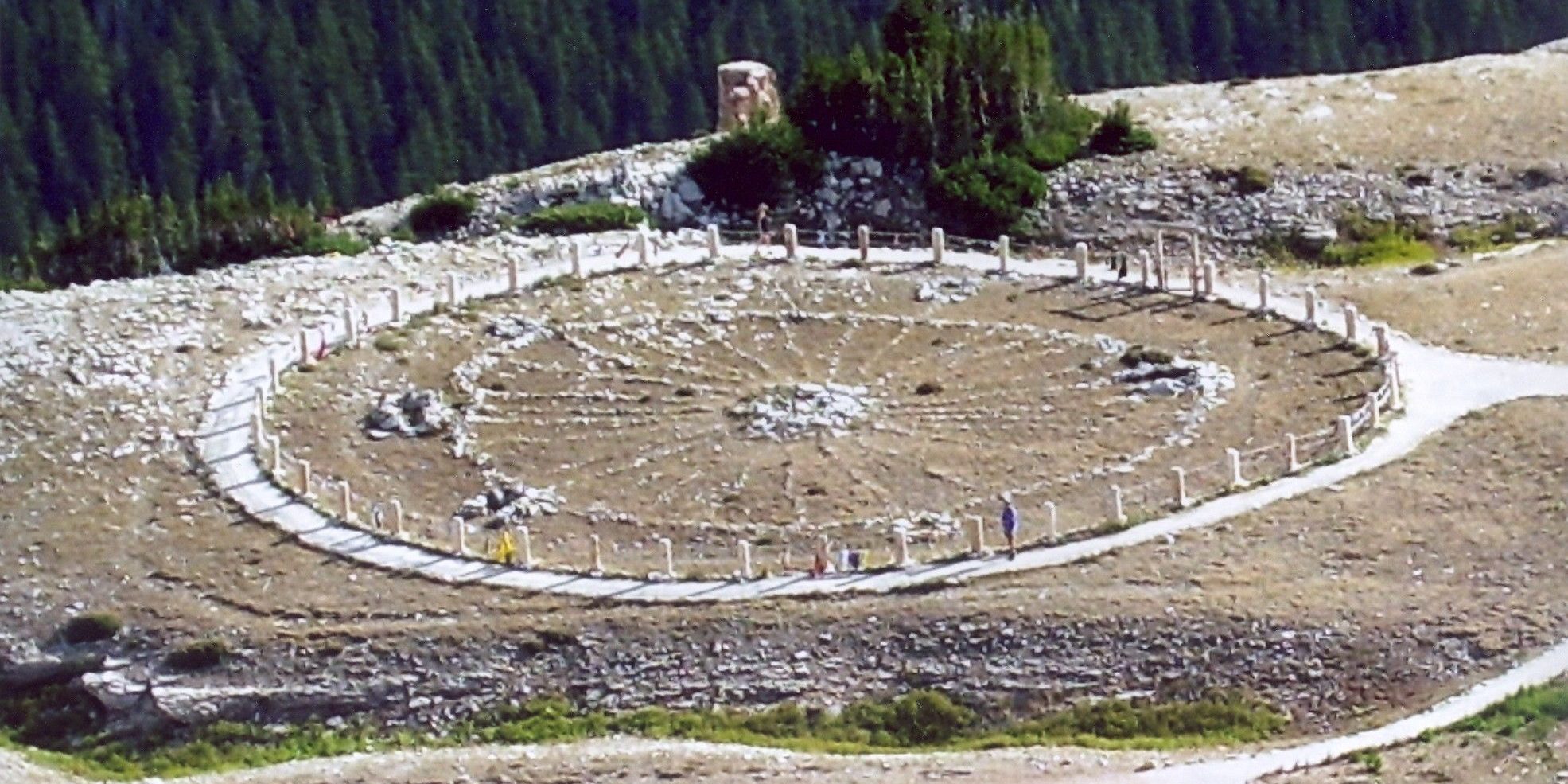
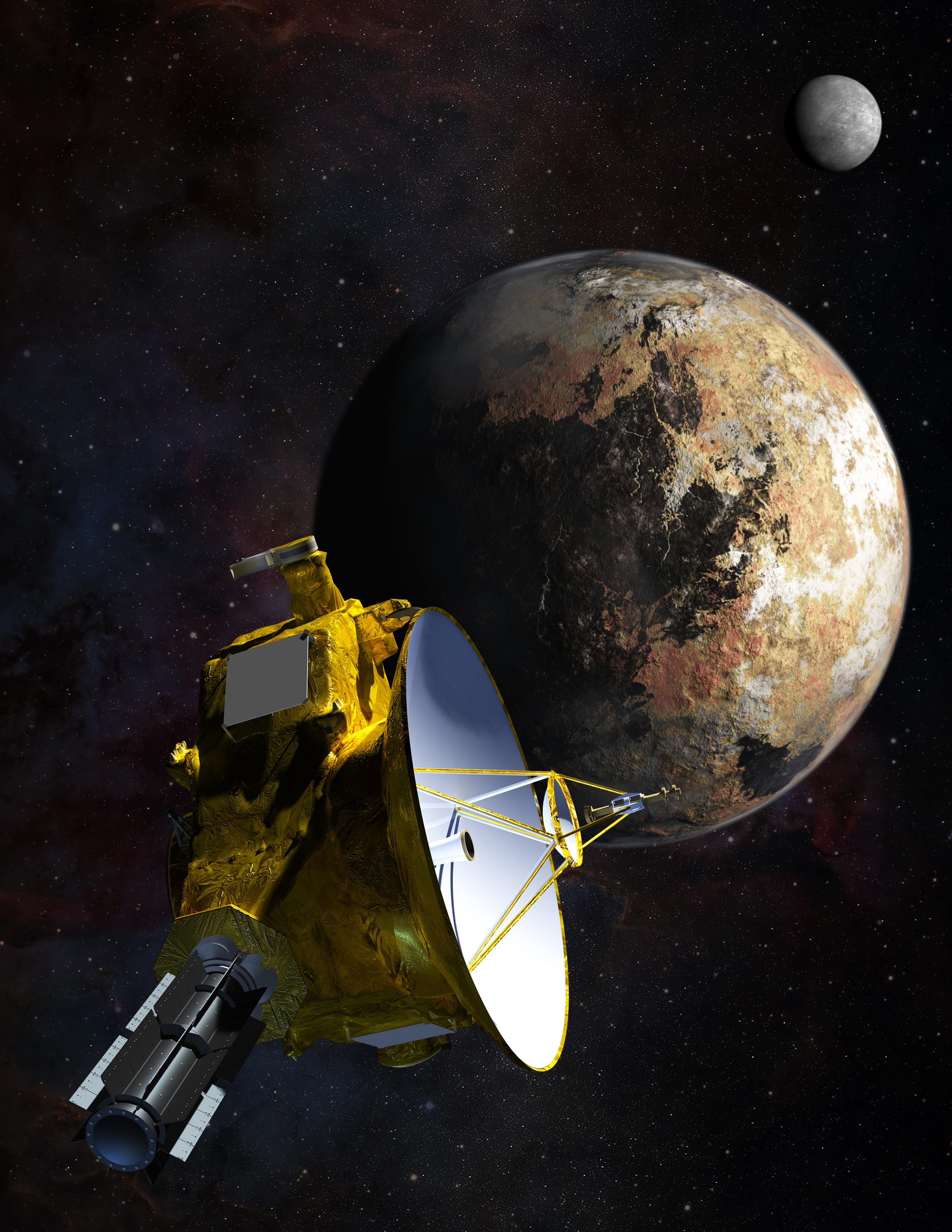
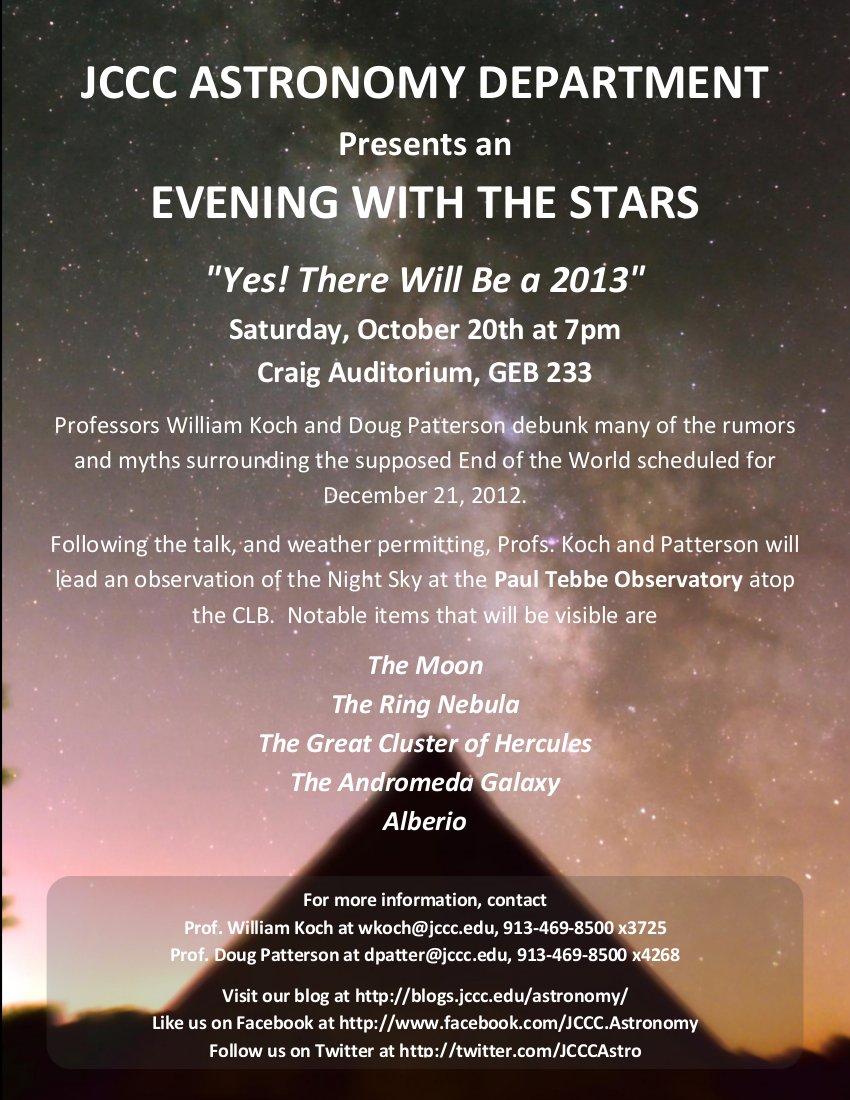

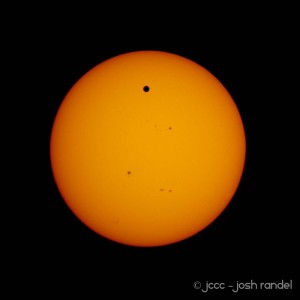
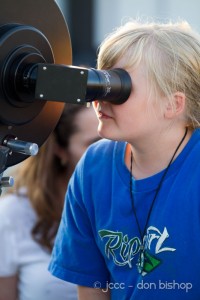
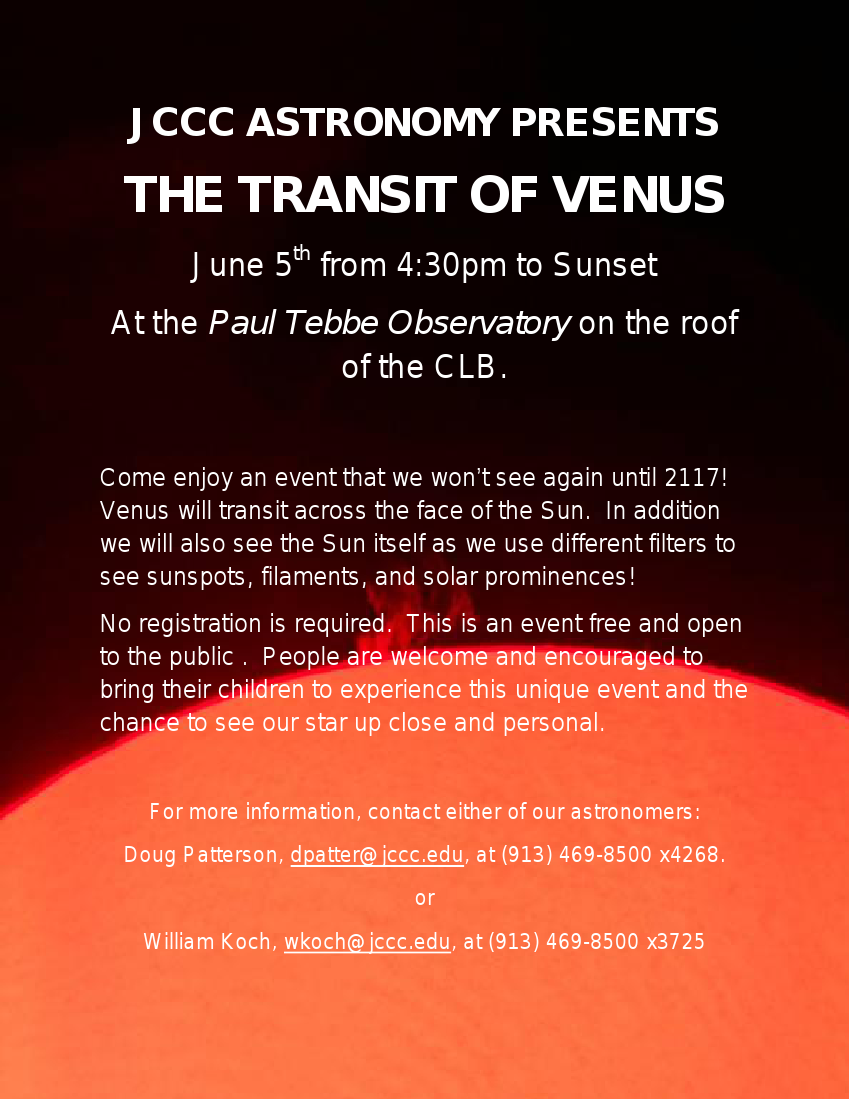

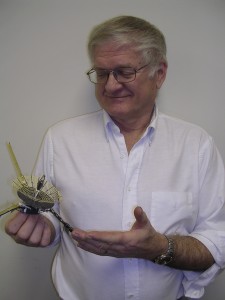 The JCCC Science Division presents an EVENING WITH THE STARS to be held on April 28th at 7:00pm in the Craig Auditorium, GEB 233.
The JCCC Science Division presents an EVENING WITH THE STARS to be held on April 28th at 7:00pm in the Craig Auditorium, GEB 233.